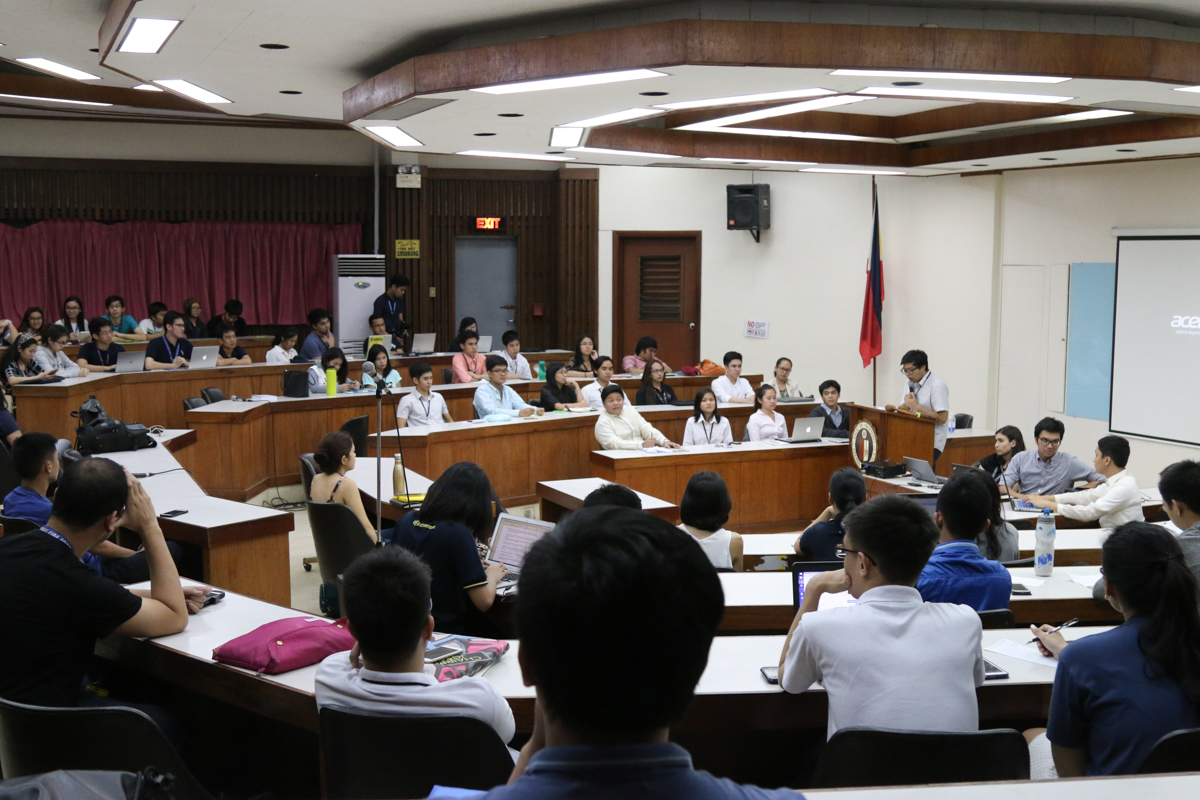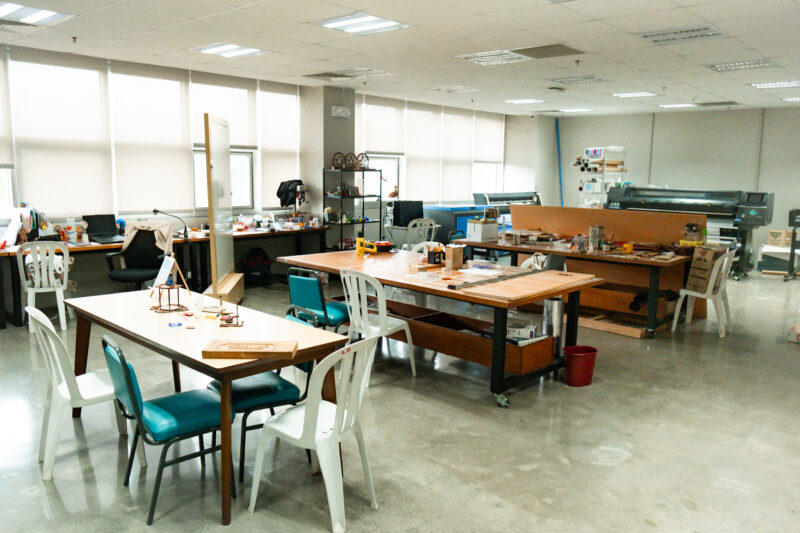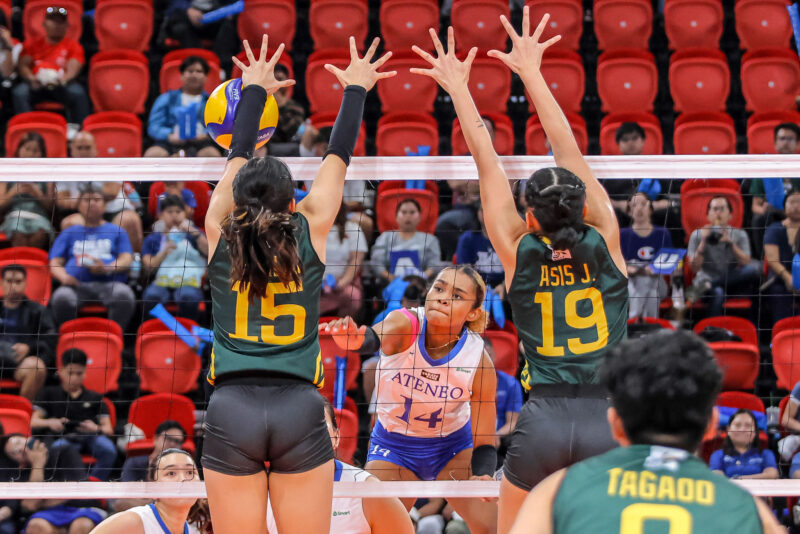STUDENT LEADERS are hopeful and optimistic for the Sanggunian following the ratification of the revised Constitution of the Undergraduate Students of the Loyola Schools.
The new constitution was ratified after 92.4% of the Loyola Schools student body voted in favor of it. The ratified version was the fourth draft submitted by the Constitutional Convention (ConCon).
Article XV of the revised constitution provides for the creation of a transitory government that will oversee the Sanggunian from May 7 until the oath-taking of the elected officers from next school year’s special elections.
This transitory government consists of seven departments—the Ateneo Resident Students Association, Council of Organizations of the Ateneo (COA), Student Judicial Court, the school departments, the school boards, administrative committees, and various task forces.
The transitory government is led by Sanggunian Coordinator Carmela Vinzon.
For Outgoing COA President Yesu Hernandez, the Sanggunian is in “a state of renewal,” currently being rebuilt as an institution following key constitutional reforms.
Vinzon, on the other hand, remarked that she is inheriting “a young and hopeful” student government post-ConCon.
Impact of ConCon
Former ConCon Head Shiph Belonguel and Hernandez shared how the new constitution provides avenues for the Sanggunian to become a better student government.
According to Hernandez, the revised constitution “removed many barriers that limit the Sanggunian from becoming the student government that will effectively meet the needs of the student body.”
Belonguel, on the other hand, believes that the removal of quota “is a major turning point for the next student government.”
She explained that taking out the barrier of quota paves the way for “a more competitive election culture,” which in turn will hopefully lead to “a better Sanggunian [with] positions filled.”
Vinzon clarified, howeve,r that the concrete effects of ConCon will only be seen with the newly inaugurated government.
She added that the purpose of the transitory government is “to create an immediate structure between the old one and the one created by the convention.”
Hopes for the new gov’t
With a new Sanggunian underway, Outgoing Sanggunian Coordinator Luigi Del Rosario and Belonguel expressed their hopes for a better student government.
Belonguel hopes that the revised constitution, alongisde the efforts of ConCon to bring it to fruition, will “encourage more people to run for Sanggunian positions.”
“I don’t think people realize how much they can do through [the Sanggunian],” she added.
Belonguel mentioned how the student government has the significant machinery to represent the student body, given its access to school resources and administrative offices.
She believes it can be a platform for different organizations to forward their respective agenda.
Del Rosario likewise wishes for the Sanggunian to be a platform for forwarding agenda, particularly for marginalized groups.
“I see now a more inclusive student government,” he said.
Del Rosario also aired his hopes for a more refined vision for what a Sanggunian officer should be.
He emphasized the need for the new student government to answer, “What do you expect of a Sanggunian officer?”
Students’ role
While the task of bringing the Sanggunian back to relevance rests largely on the new student government, Belonguel, Hernandez, and Vinzon believe that the student body also plays a crucial role.
Belonguel aired her hopes that the student body will not be apprehensive toward the new government despite failures of the Sanggunian in previous years.
She said that she hopes that the students “see value in student government” after voting for a new constitution.
Meanwhile, Hernandez said that there is a need for “political maturity” beyond ConCon to restore the Sanggunian’s relevance.
“Political players, voters, and institutions inside the Sanggunian must mature if we want to see vibrant campus politics in the Loyola Schoosl once again,” he added.
For Vinzon, there is now “a call for other institutions and student groups to also reevaluate their niche within campus dynamics.”
She adds that, in the end, “the constitutional convention is not something that affects only the Sanggunian, but the student body as a whole.”







